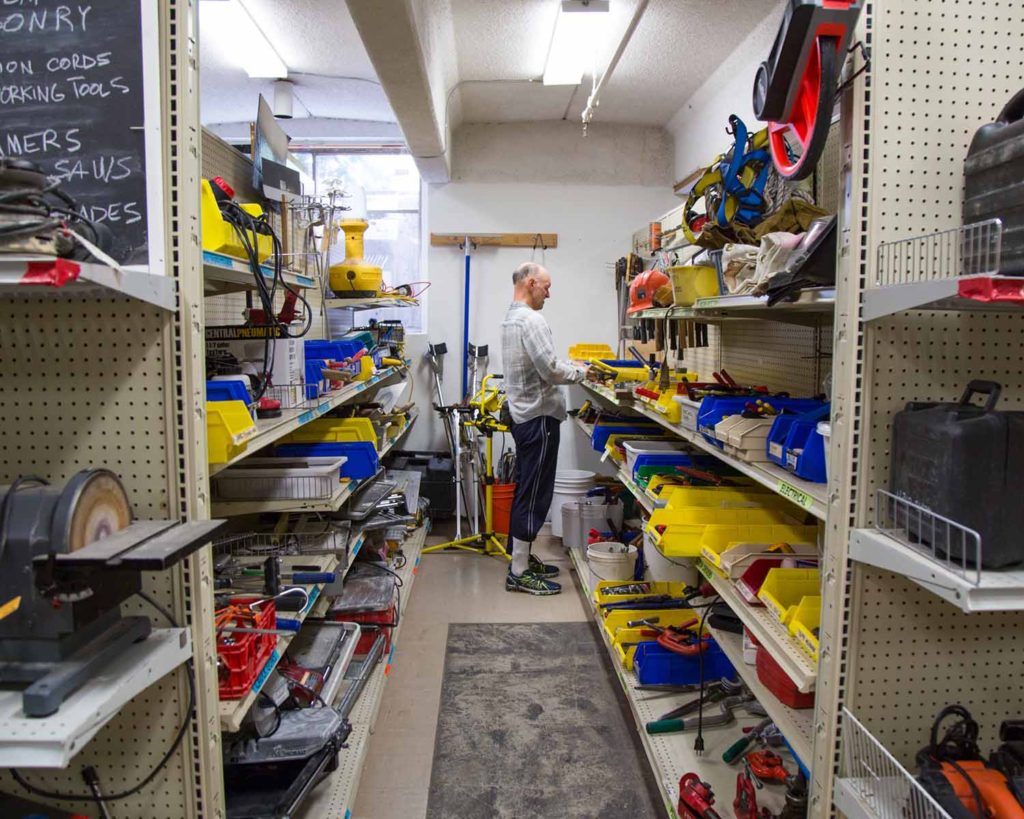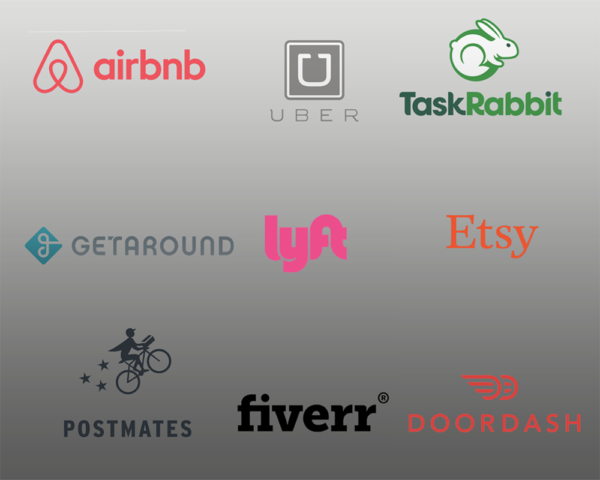Repair Reflections: PRF’s Joel Newman takes a closer look at where a promising concept fell short.
Uber went public this year, amid reports that it has never (and may never) actually make money. The ridesharing juggernaut is an interesting bellwether of the “sharing economy” in general, and it’s trajectory over the last decade– its revolutionary beginning, meteoric rise, surprisingly early middle-age malaise (and unchecked corporate bro-culture) is indicative of the fate of an entire spectrum of services that we were told ten years ago would save us from capitalism itself.
It’s easy, when stuck in traffic, to look around you at other drivers stuck in their own cars, and think: Carpooling! All of those empty seats! All those cars sitting idle, taking up parking spaces. No one needs a car! We all just need a quick and easy way to get to where we’re going. As soon as everyone had a smartphone in their pocket, it became, in the words of Sarah Kessler at Fast Company, a “warm and fuzzy inevitability”.
I bought in to the wave of sharing economy excitement – I saw it as a way to monetize and scale more efficient and environmentally friendly ways of using resources than the typical buy-and-dispose. A way to incentivize sharing, reuse and repair. But the “sharing economy” in the world of tech startups has become something else.
In 2019, does anyone actually drive for a ridesharing service in order to monetize trips they were going to make anyway? If so, they are thoroughly offset by all the extra drivers on the road offering rides as a job or second job. According to a study of traffic in San Francisco, more than half of a 60% increase in travel times between 2010 and 2016 was attributed to ridesharing cars on the road.
The same could be said for Airbnb and other housing sharing startups. What promised to be a way to utilize temporarily vacant housing–to use existing housing more efficiently– has instead removed units from the long-term rental market, leading to rent increases and gentrification.
Our fascination with apps means we tend to discount any idea or service that can’t be made into the next unicorn startup, with its accompanying fame and cash. The trap of this mentality, as applied to repair work, is the implication that if repair were a “valuable” commodity, some sharing economy app would have attracted a pile of venture cash and become “the Uber of repair.”
Perhaps such an app is on the horizon. But most likely, even if that is the case, as the past decade of sharing apps shows us, financial success would either prove elusive or come at the cost of its founding ethos. Instead, what I find most valuable in repair work is also what makes it difficult to scale up economically – it is hyper-local, community-driven, and dependent on the diligence, care, and skill of people who have made a career of doing a simple, useful job well.
Maybe the lesson here is that a revolution founded on convenience, apps, and money, is not really a revolution at all.
And maybe in 2019, the truly revolutionary work is a little less flashy, a little less likely to stack up venture capital cash, and a little more rooted in community. It turns out that the sharing economy didn’t need a Silicon Valley reinvention. After all, it’s been alive and well for years at an institution so taken for granted, we often forget it’s downright radical: the public library.
It is perpetually surprising to learn and re-learn that the library has a huge and evolving array of knowledge and resources, curated and made available by smart and dedicated people, all for free. And the non-monetized library model of borrowing, not renting, has been realized beyond books. We’ve written at Portland Repair Finder about Portland’s multiple tool libraries, which are entirely volunteer run and lend their items freely.
The quiet, eternal success of libraries hearkens back to the spirit at the heart of the term “sharing economy.” It is this feeling of a good, radical idea that spoke to me and other early enthusiasts of apps like Uber, Crowd Rent, Share Some Sugar, and NeighborGoods. Yet trying to quantify these sharing systems monetarily sapped some crucial magic from the entire concept, and made the apps either obsolete, or just more of business as usual.
Because is it really sharing a service or good, if one party is paying for it?

More sharing, less economy. Shared resources are more about community, less about apps.
If you’re interested in partaking the quiet, ongoing revolution of a library near you, might we suggest:
•Checking out non-book items like projectors, metal detectors, kitchen goods, kid’s toys, board games, and more from a Library of Things, hosted at public libraries in Hillsboro, Cedar Mill/Bethany, Beaverton, Sherwood, Oregon City, Milwaukie, West Linn, and others.
•Learn to code or make 3D prints at a local library Makerspace.
•Borrow construction, gardening, auto or bicycle tools at one of Portland’s tool libraries.
PRF’s “Repair Reflections” series offers contemplations, ideas, and story to generate thought and conversation around repair-related concepts in our everyday lives.
